Whistleblowing Software
A dedicated, anonymous reporting channel for your employees
The EU Directive on the protection of whistleblowers is now in effect. Companies with over 50 employees must provide an internal reporting channel across the European Union’s 27 member states.
To remain compliant, organisations need a solution that is not only easy to use and 100% secure, but integrates with all of your people operations. Meet Personio Whistleblowing.

Built-in protection
Personio’s Whistleblowing solution can be a key pillar to help you achieve compliance - avoiding fees, penalties and potential reputational damage. It features secure and anonymous reporting with two-way case communication, watertight data privacy and protection based on GDPR standards.

One intuitive interface
A transparent and centralised dashboard for case managers. Quick and straightforward case submission for reporters. Complete peace of mind for all with an anonymity-focused approach.


Veronika Stránská
People Operations Lead, Market Logic Software

"Employees can quickly and easily find the Personio Whistleblowing module, right from their own Personio dashboard. And because the module is separate from the main system, they know their identities are always protected."
Whistleblowing FAQs
What is the EU Whistleblower Protection Directive?
The EU Directive on the Protection of Whistleblowers was introduced on 16 December, 2019. The goal of the directive was to bring an end to a confusing patchwork of whistleblower protection legislation across the EU through the introduction of a universal European standard. Currently, it has already been passed in many countries, with all EU member states working on their own implementation. The final enforcement date for companies with more than 50 employees is set at 17 December, 2023.
What are the requirements of the EU Whistleblower Protection Directive?
According to the directive, organisations must design and implement internal reporting channels to accommodate effective whistleblowing. In addition, a dedicated person or department should be appointed to handle incoming reports and follow-up accordingly. Such reporting channels should allow reports to be made orally or in writing. The internal reporting channel has to be designed, established and operated in such a manner that it
Provides for anonymous reporting if this is allowed under national legislation
Protects the identity of the reporter and parties mentioned in a report
Is not accessible for non-authorised staff member
Provides for diligent follow-up on the report by a designated person or department
Why do organisations need internal reporting channels?
An internal reporting channel can be a big boost for your organisation. Apart from the legislative support and mandates, it can also enable organisations to receive and act on complaints of wrongdoing or illegal activities.
Internal reporting channels, like those that allow for whistleblowing, are often seen as a digital safe space for employees and external to voice their concerns anonymously and without fear of retribution. This might include a wide array of topics such as bullying, illegal activities, unethical behaviour, wrongdoings or harassment in the workplace.
What are the benefits of an internal reporting channel?
There are three main benefits at play
Companies with a robust whistleblower reporting system had greater profitability and workforce productivity (as measured by Return on Assets)
Fewer material court cases brought against the company overall and with lower settlement costs (if a court case did occur)
Fewer external whistleblower reports to regulatory agencies and other authorities.
When will this be enforced in my country?
The Directive has already been transposed into local law in many of the EU member states. for specific information on your country, please reach out to one of our representatives via the contact form above or refer to our whitepaper.
Are there any fines for organisations who do not comply with these requirements and timelines?
The Directive has already been transposed into local law in many EU member states. These fines are wide ranging by country. For specific information on your country, please reach out to one of our representatives via the contact form above or refer to our whitepaper.
Do organisations need to appoint specific people who manage the reported cases?
It is advisable to appoint a dedicated person (or more people) within the organisation that is responsible for handling whistleblowing cases. This could be someone in HR, a legal representative or even someone external.
A selection of our customers
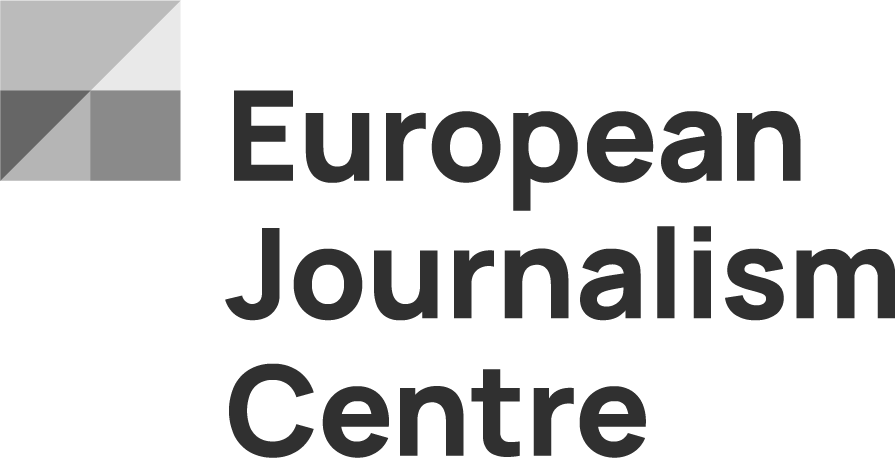
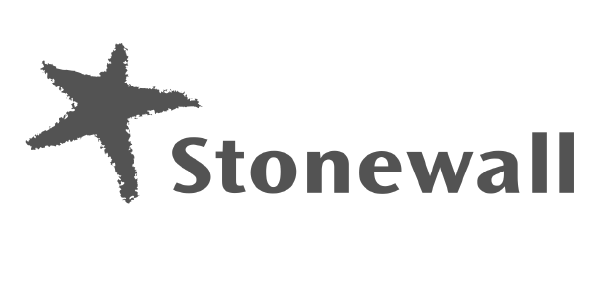




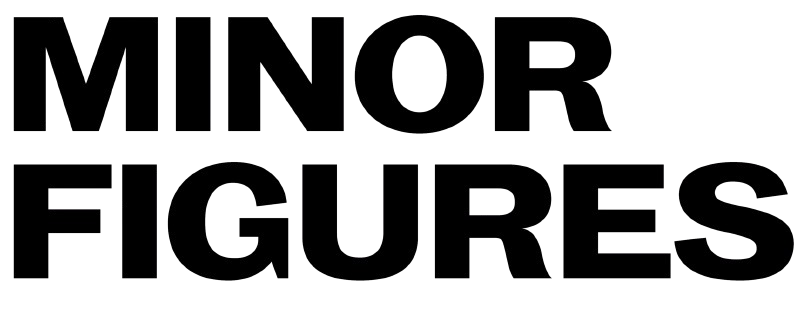

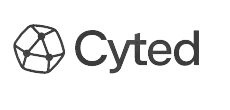
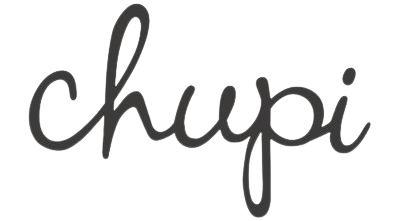

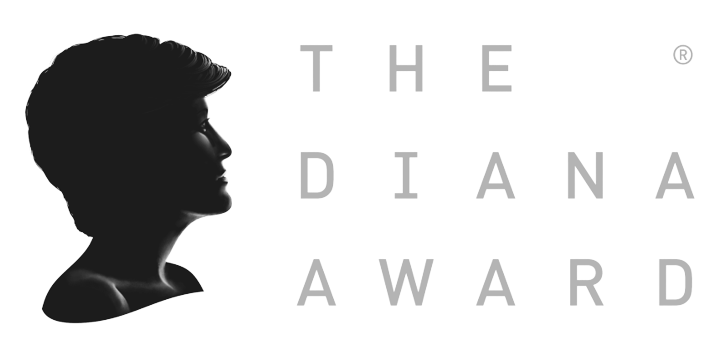
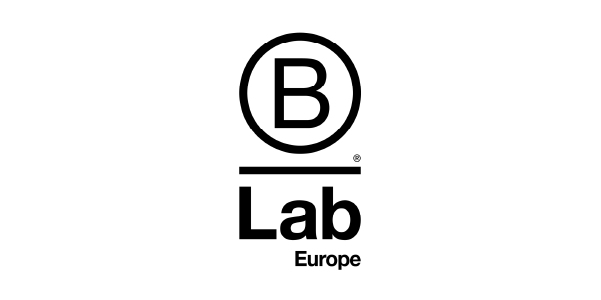

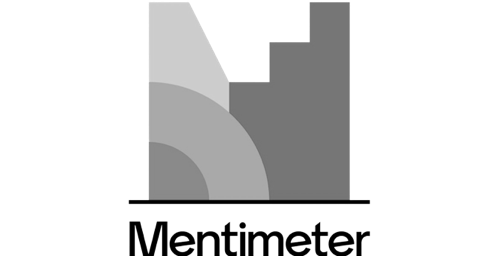

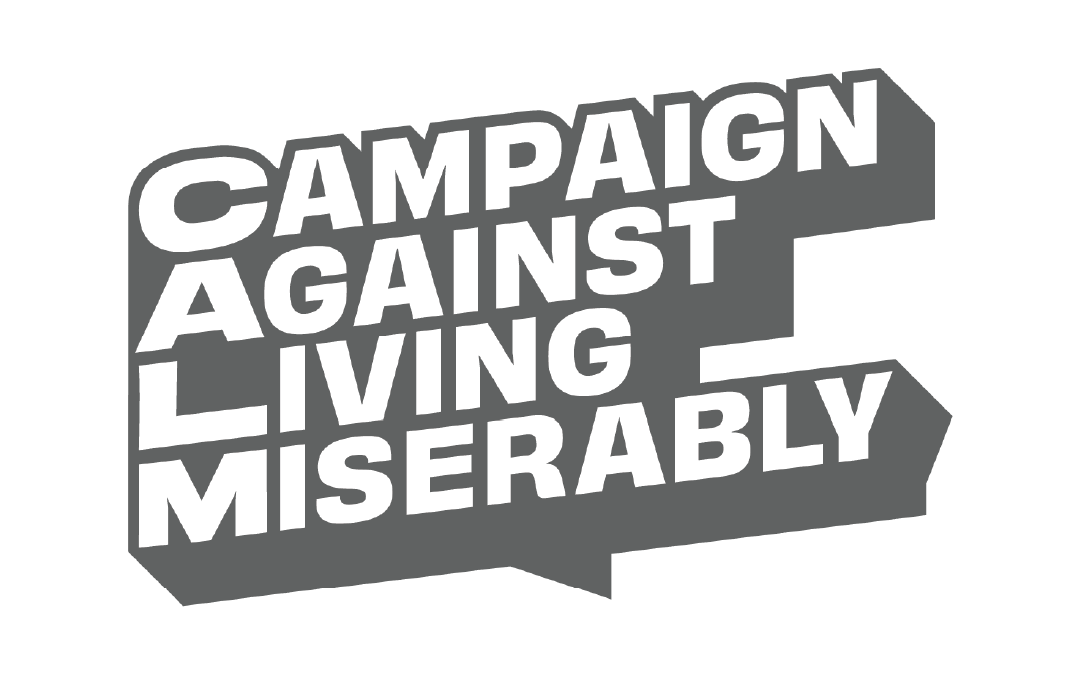
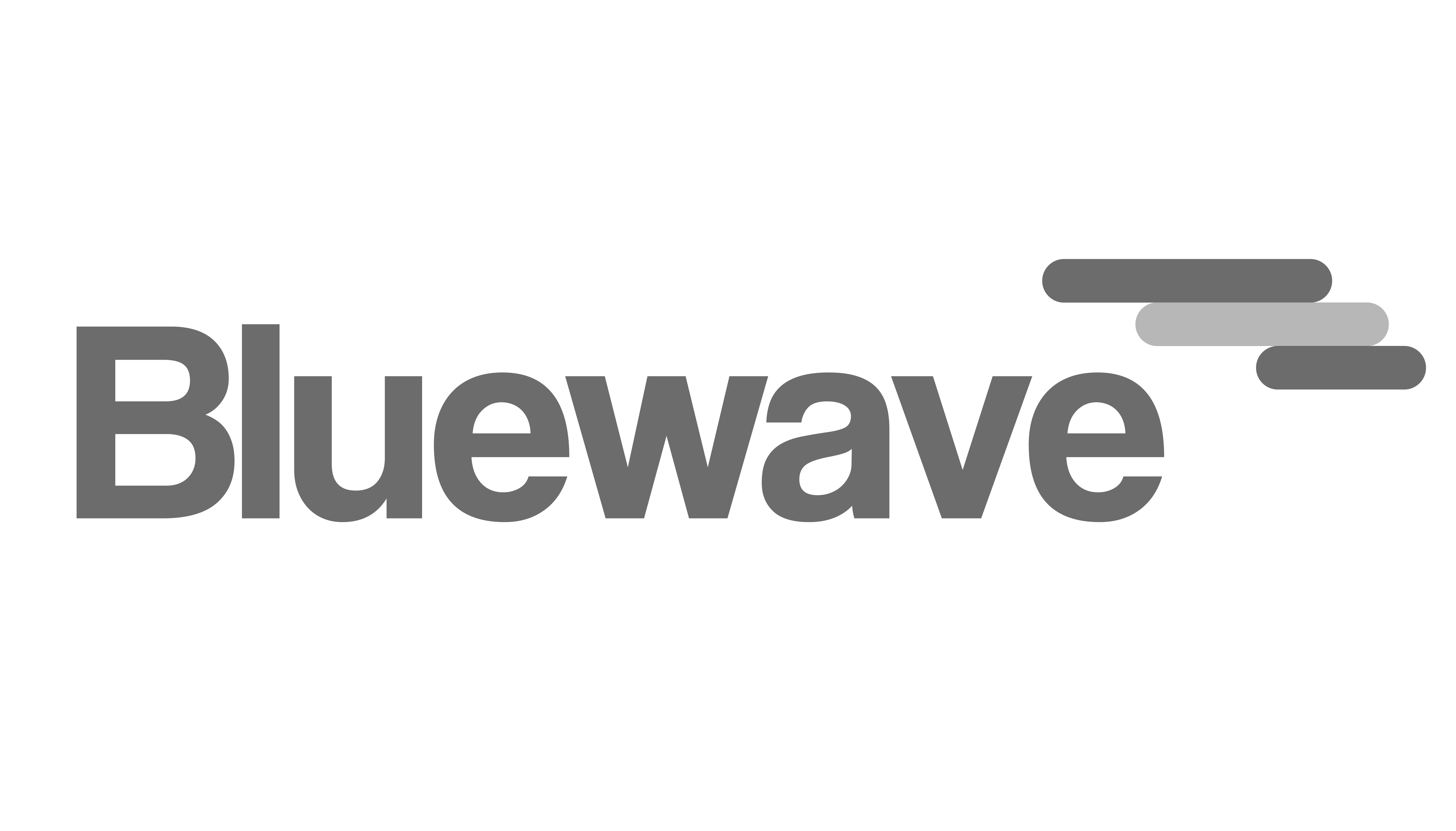


See Personio in action
Fill in your details to book a demo call with one of our product experts.
Here’s what to expect:
A no-commitment product walkthrough
Discussion built on your top priorities
Your questions, answered
Software employees love:


